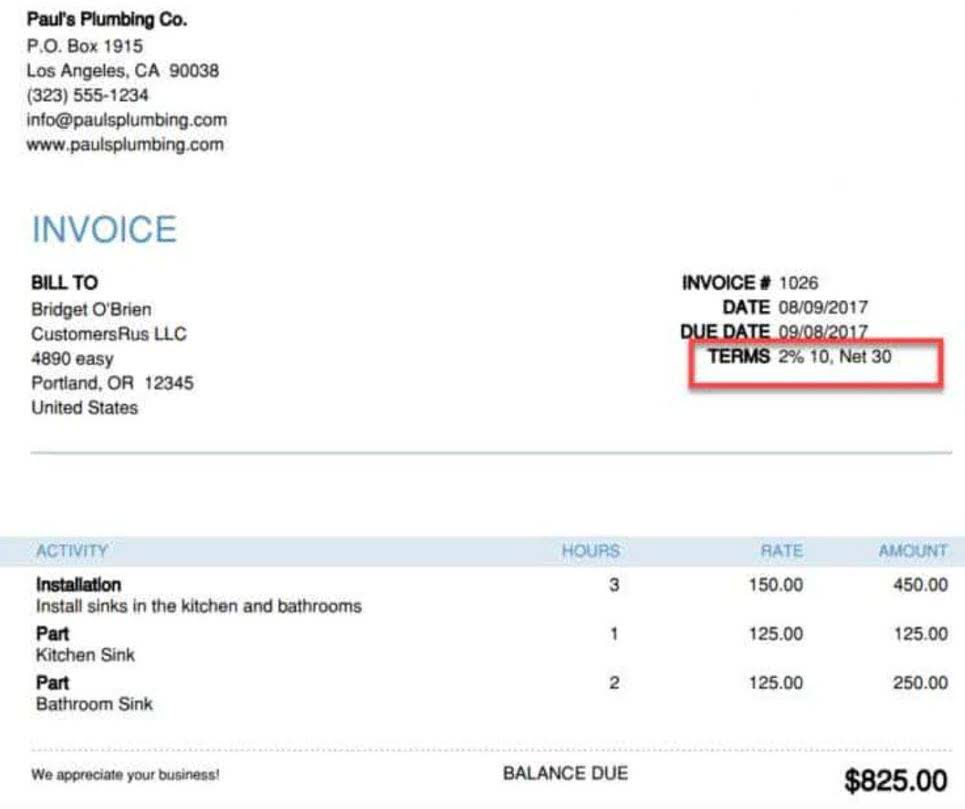
From tracking transactions and managing bank accounts to implementing accounting best practices, real estate agents require specialized accounting features tailored to their industry. Real estate agents use dedicated bookkeeping to streamline their real estate business and ensure accurate accounting. Understanding the aspects of real estate accounting, such as creating a chart of accounts and proper accounting practices, is essential for real estate professionals operating in today’s market. This can help business owners make informed decisions and improve their financial management. Real estate agents can also benefit from accounting and bookkeeping features that cater to the specific needs of the real estate industry. Real estate businesses often rely on external funding and partnerships for growth and expansion.
Challenges of Bookkeeping in Real Estate Business

Utilize a distinct bank account for your reserve fund and refrain from commingling it with personal or operational funds. Moreover, utilizing property management software or accounting software that is compatible with your bank account can assist in categorizing, reconciling, and reporting your reserve fund activities. Consider using a ledger or spreadsheet to monitor the inflows, outflows, and current balance of your reserve fund for each property or portfolio. Ensure to regularly review your reserve fund statements and reports and make necessary adjustments to your budget and projections. Effective management of cash flow is of utmost importance in the dynamic sphere of real estate, known for its substantial investments and market volatility.
What is Bookkeeping and Why is it Important for Real Estate Professionals?
Our expertise is founded on hands on experience being in the trenches of building real estate companies, not theory. We live and breathe real estate and know how to correctly setup, execute, and advise on your financials. We guarantee that your financial reports will be available within the first 7 days of the month.
Here’s why realtors like you trust Bench with their bookkeeping and accounting
By having detailed records of income, expenses, and property performance, you can analyze financial trends, evaluate the profitability of your investments, and identify areas for improvement. For real estate investors and property managers, properly handling bookkeeping is essential for success. Accurate real estate accounting provides the visibility needed to make sound business decisions.

Proper bookkeeping supports effective property management by enabling you to track rental income, monitor property expenses, and budget for maintenance and repairs. Effective bookkeeping also helps you identify cost-saving opportunities, optimize your property management processes, and maximize bookkeeper real estate your overall profitability. Bookkeeping provides real estate businesses with the data and insights needed for informed decision-making.
Discover how we can help you have better finances with a personalized demo from a Bench expert, ready to answer all your questions. Sign up as a customer today and get a free month of bookkeeping, valued at $299. Your bookkeeper will be your main point of contact, but at times you might hear from another member of your team. This is usually when your bookkeeper goes on vacation, is sick, or otherwise unavailable. Learn more about Bench, our mission, and the dedicated team behind your financial success. The magic happens when our intuitive software and real, human support come together.
Simple, straightforward pricing for everything your business needs.
- Our team is ready to learn about your business and guide you to the right solution.
- Get free guides, articles, tools and calculators to help you navigate the financial side of your business with ease.
- Proper accounting and bookkeeping can help manage cash flow, track property sales, and prepare for tax time.
- Property Disposition must approve the sale of university property to outside buyers.
- Many real estate companies also integrate property management software into their accounting platform to meet their bookkeeping needs and comply with real estate tax laws.
All tenants’ security deposits should have a ledger account for balance, transactions, and dates. Security deposits must be reported per trust fund rules and held in a separate account from your operating account. Check your bank statements and security deposit ledger regularly and report discrepancies. Bookkeeping is essential in real estate, whether you’re an retained earnings agent or property owner.

Efficient property management
- Robust bookkeeping is crucial for gaining insights to maximize rental revenue, tax efficiency, and long-term returns.
- Sign up as a customer today and get a free month of bookkeeping, valued at $299.
- University property disposal and distribution are solely the responsibility of Property Disposition.
- We’ve partnered with real estate-centric platforms such as Zillow, Realtor.com, and MLS—ensuring your financial records are always precise.
- Understanding IRS guidelines is key to maximizing deductions for expenses such as mortgage interest, property taxes, and depreciation.
These practices not only guarantee transparency and accountability but also foster a robust foundation for informed decision-making and regulatory compliance. Such a meticulous approach reinforces the reliability and credibility crucial for sustained success in the dynamic landscape of real estate dealings. Keep track of tenant rent payments, security deposits, and expenses related to each property.